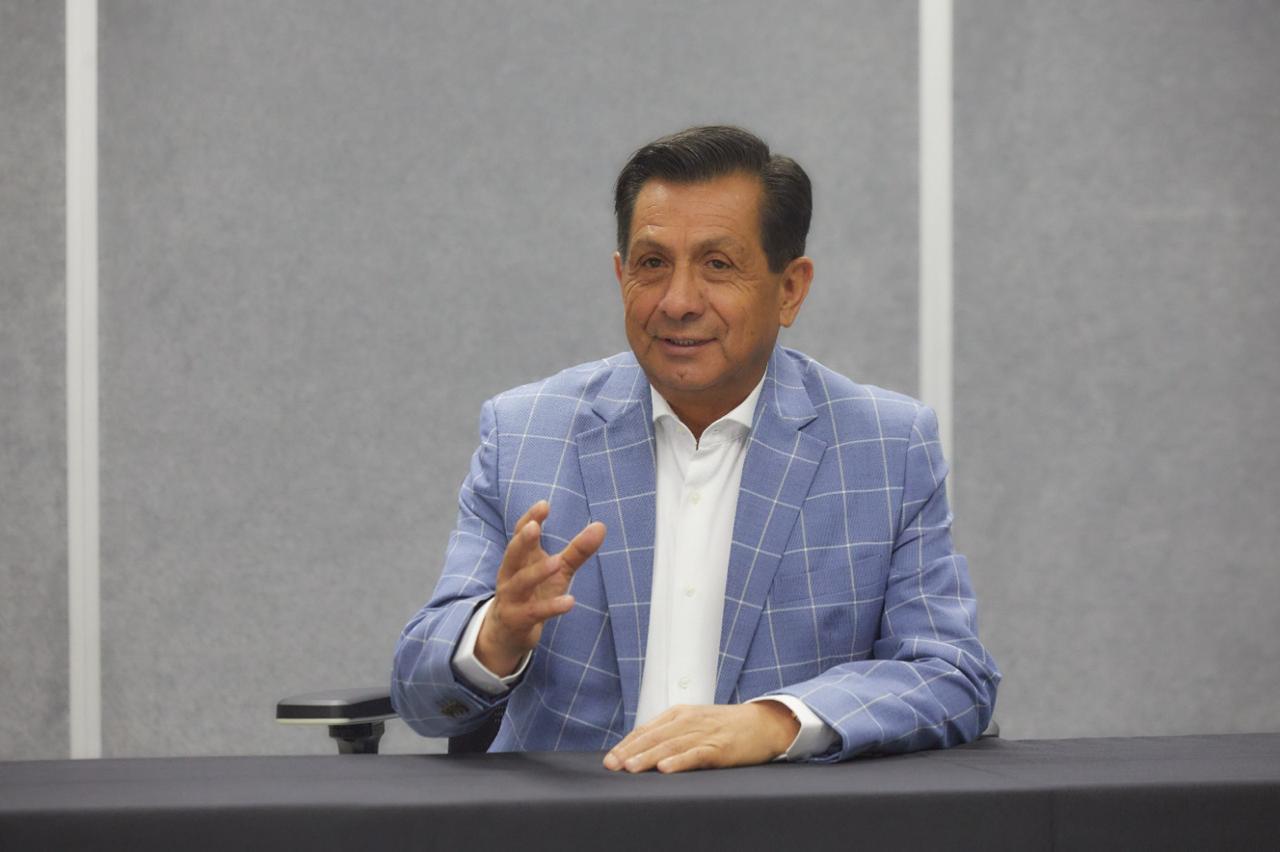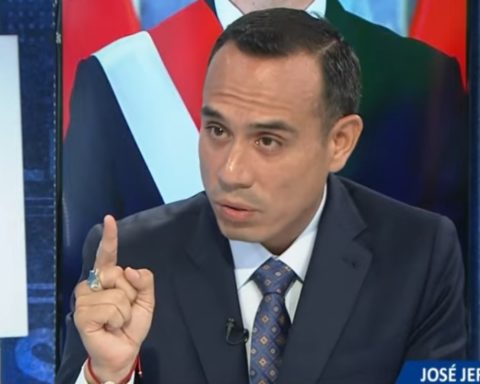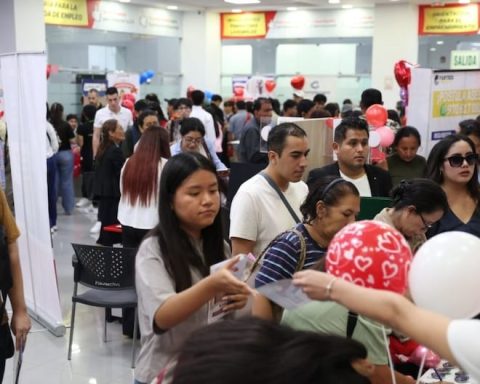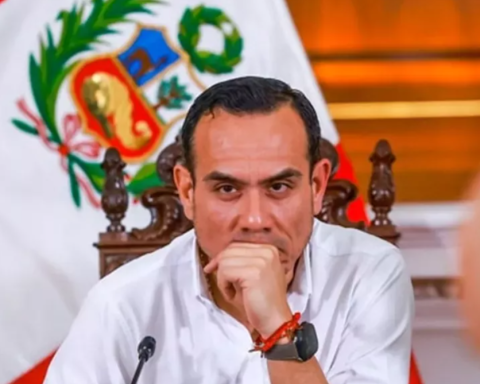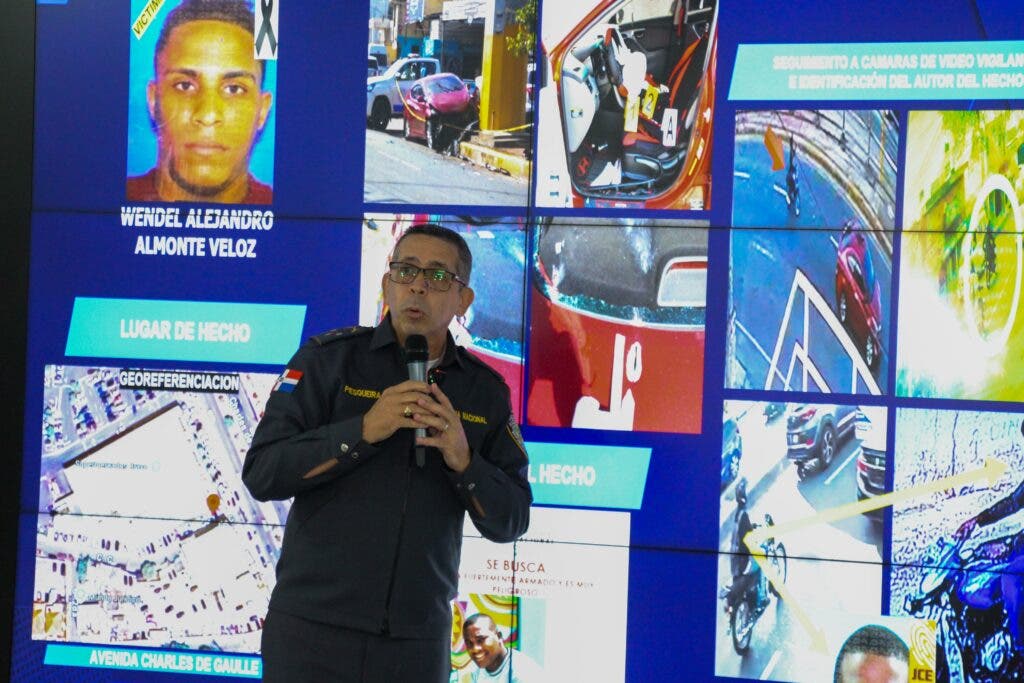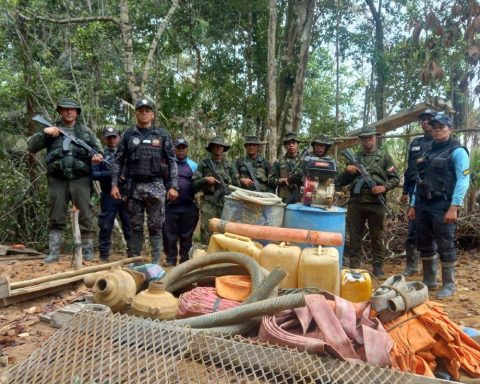After 12 years, CADE returns to Arequipa from November 26 to 28. Citizen security is the central issue.
What will be the angle of CADE 2024?
This year has a peculiarity. It is true that it is not an electoral CADE, which always gives a situation, inviting candidates. Nor is it a situation of absolute crisis, like when President Castillo took office, where there was a direct confrontation between rulers and businessmen. But this CADE has a particularity reflected in the title: “From degradation to the reconstruction of our future.”
How does this degradation manifest itself?
It is about drawing attention to a situation of deterioration that has many manifestations. One is that 400,000 young people have left the country in 2023. That investment is at levels far below what is needed and expected. That poverty has increased. That the level of satisfaction with public services has collapsed. And what brings us together today: that concern for citizen security is increasingly valid. But there are also other manifestations, such as the confrontation between powers of the State. I mean that, instead of working together, the Police and the Prosecutor’s Office are in confrontation. Or that the Prosecutor’s Office judicializes the policy. And the other way around: that politics tries to politicize justice. All these demonstrations influence people’s mood and ultimately the confidence of citizens. And therefore, they influence their predisposition to invest and feel part of a democracy and a system that should be different. We are at a stage that we have reached by successive deterioration and by failing to do things that we should have done. We must set a point where we meet as a civil society to build an agenda and a shared vision, because this is not just a task for politicians or rulers.
The agenda has already started…
This year’s CADE, if differentiation is possible, is accompanied by pre-CADES. We have had them in Cusco and Iquitos. And we will have them in Piura and Huancayo. What it is about is collecting expectations and concerns in a decentralized manner in these macro-regions, and then translating them into the presentation of a vision. That is another peculiarity: this CADE is going to present a vision of the country that will be in a duly supported document, by Dr. Luis Carranza. This vision will be the product of the work that many think tanks have done in the country, but also of the integration with young people and unions. We hope that this vision will lead us to joint action. Politicians and rulers are not enough. Civil society has to get involved. A very clear manifestation of that is what we are experiencing now in citizen security. There is a divorce between the self-perception that the Government and Congress have with what the citizens feel.
The forum “Formalization and security: proposals from workers and employers” has been proposed.
There is data that shows us the alarming situation. 62% of the population considers that crime and violence is the main problem or the most worrying problem in Peru. That is mapped, it has sources. 84% of the population aged 15 and over has a high perception of insecurity in the country. And furthermore, the Peruvian Winegrowers Association has stated that at least 13,000 winegrowers in the country have been the target of extortion and robbery. And many of them have closed. The issue of insecurity has very concrete manifestations. And it transversally affects the different levels of companies, from the warehouseman to the transporter, from the medium-sized company to the large company, today they are subject to extortion. Another manifestation is that 27% of the population aged 15 and over was a victim of a criminal act at some point, only between July and December 2023. And 12% of them have been victims more than once. Either they take your cell phone or ask you for a spot. It’s very critical. And according to studies carried out by companies such as IPE or Videnza, citizen insecurity affects between 2% to 3% of GDP. More than S/30 billion a year. That’s very important. Look at the transport strike. But CADE is an opportunity. It is full of proposals.
What do you propose to combat insecurity?
Last year, for the first time, workers’ unions came together with business unions. This basis of consultation has been expanding. Today there is the Federation of Civil Construction Workers, the CGTP, the Chamber of Commerce, the National Society of Industries and the Exporters Association. There is no sector that is not affected by crime. The effect is transversal. The package of proposals included that we be part of Conasec (National Citizen Security Council). Also the Flagrancy Centers for minor crimes. And public-private collaborations. That electronic surveillance systems, penitentiary centers and even lighting be allowed to be implemented as part of the works for taxes.
